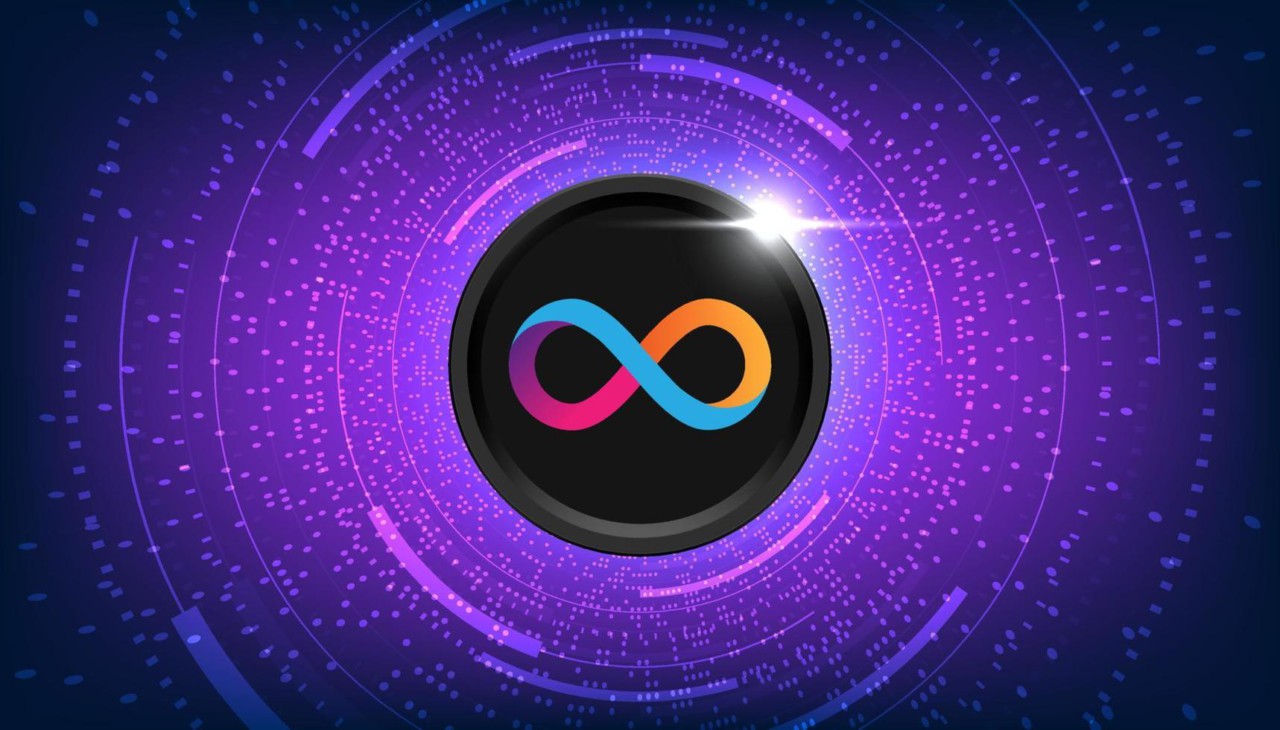ICP (Internet Computer Protocol) is one of the most ambitious and innovative projects in the world of cryptocurrencies and blockchain technologies. Developed by **Dfinity**, ICP aims to transform the Internet by providing developers with new opportunities to create decentralized applications (dApps) with high performance and low costs. In this overview, we will take a detailed look at what ICP is, how this project works, its potential, and current prospects.
ICP
(Internet Computer Protocol) is a decentralized blockchain protocol that allows for the deployment of fully functional internet applications without the need for traditional cloud providers such as Amazon Web Services (AWS) or Google Cloud. The project was created by **Dfinity**, founded in 2016 in Switzerland. The main goal of ICP is to create a new «Internet» for storing and running programs that operates on a decentralized model, eliminating centralization, traditional hosting platforms, and reducing dependency on large tech companies.
The ICP project uses blockchain to ensure the security, decentralization, and transparency of all data and transactions. Unlike most traditional blockchain platforms, ICP can process a vast number of transactions and support full internet services, creating new opportunities for businesses and developers.
Key Components of ICP
1. Internet Computer Protocol (ICP): This is the core protocol that underpins the entire ecosystem. It manages and coordinates the interaction between nodes and smart contracts within the network. ICP uses a unique architecture that combines traditional blockchains with computational resources, enabling the deployment of high-performance decentralized applications.
2. Canister Smart Contracts: Unlike traditional smart contracts on platforms like Ethereum, ICP uses canisters— more complex and powerful smart contracts. These canisters can store data and execute code, making them suitable for deploying full-fledged applications rather than just simple transactions. Canisters also run on high-speed virtual machines, greatly increasing performance.
3. Nervous System (NS): This is the governance system of ICP, allowing ICP token holders to participate in making key decisions about the network’s development. NS uses a voting system for updates and changes, making the governance process decentralized.
4. Motoko: This is the programming language developed specifically for creating applications on the ICP platform. It was designed by the Dfinity team and is focused on security, scalability, and performance, making it suitable for working with canisters and decentralized applications.
Advantages of ICP
1. High Scalability: Unlike many other blockchain platforms, ICP can handle thousands of transactions per second, making it suitable for scalable internet applications. This is a significant leap forward compared to platforms like Ethereum, where scaling issues often arise as load increases.
2. Low Operational Costs: By using a decentralized architecture and the ability to operate without traditional cloud servers, ICP reduces the costs of data storage and transaction execution, making application development more economically viable.
3. Full Decentralization: Unlike centralized cloud services, ICP is a fully decentralized platform, providing greater security, resistance to censorship, and independence from large corporations.
4. Developer Convenience: ICP offers powerful tools for creating decentralized applications, including its own programming language, Motoko, and support for popular languages like Rust and C, simplifying the work for developers.
Problems and Challenges
1. Competition: The market already has major blockchain platforms like Ethereum, Polkadot, and Solana, which offer solutions for decentralized applications.
2. Complexity of Use: Despite efforts to simplify development, mastering the new Motoko programming language and ICP architecture may be difficult for new users and developers.
3. Regulation: Like most cryptocurrency projects, ICP is subject to regulatory risks that could impact its growth and adoption.
Partnerships and Use Cases for ICP
ICP has several significant partnerships and is actively developing its ecosystem. Some of the most notable projects and partners include:
— Swisscom: A Swiss telecommunications company collaborating with Dfinity to integrate ICP into their solutions.
— Fleek: A decentralized web hosting platform using ICP for data storage and application execution.
— Boundless: A company creating blockchain-based games and apps on ICP, providing access to decentralized services for users worldwide.
ICP is also actively attracting developers and startups to create new decentralized applications and services.
Tokenomics of ICP
Circulating Supply: 479 million tokens
Market Capitalization: $5.74 billion
Price at the time of writing: Around $12 per token
ICP’s maximum supply is not fixed, as the network uses a burning mechanism to regulate the number of tokens in circulation, helping maintain the token’s value. The token reached an astronomical price of $2831 on Binance, quickly plummeted and bottomed out around $2.82, before climbing back up to $21 and correcting to $12. The key level is if it successfully tests support, we may see another attempt to break through the $20 mark.
Conclusion
ICP (Internet Computer Protocol) is a powerful and ambitious platform designed for creating decentralized internet applications with high performance and low costs. The project offers many advantages, such as scalability, low operational costs, and full decentralization. However, ICP must overcome competition, educate developers, and tackle potential regulatory risks to achieve success. Nevertheless, with its technological potential and support from major partners, ICP has all the potential to become an important player in the blockchain platform market in the coming years.




